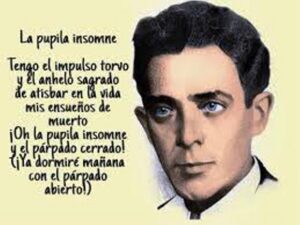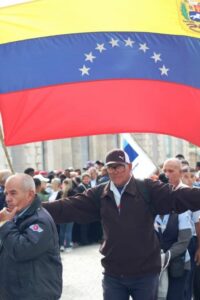Lenin: ingenuity, rebelliousness and Revolution.
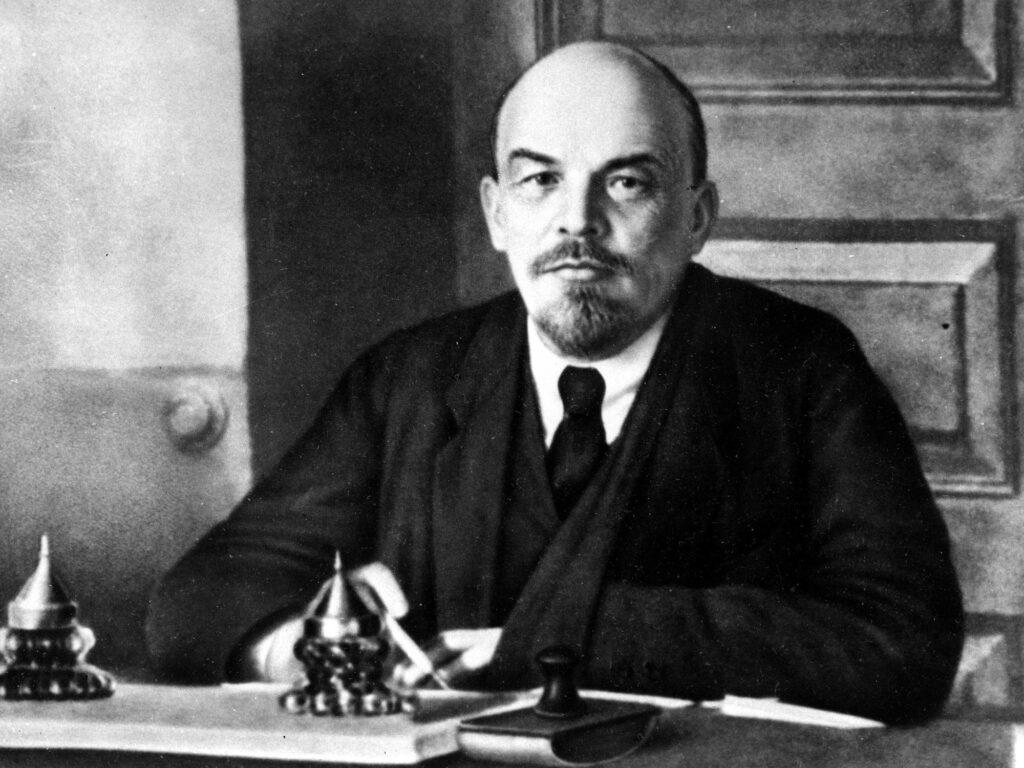
Echoes of the City is an exhibition that transcends time and transforms the everyday into a poetic narrative. Photographer and playwright Reyrichart Segura Domínguez unfolds in each image an intimate story where the city becomes a living stage, a silent witness of encounters and misunderstandings.
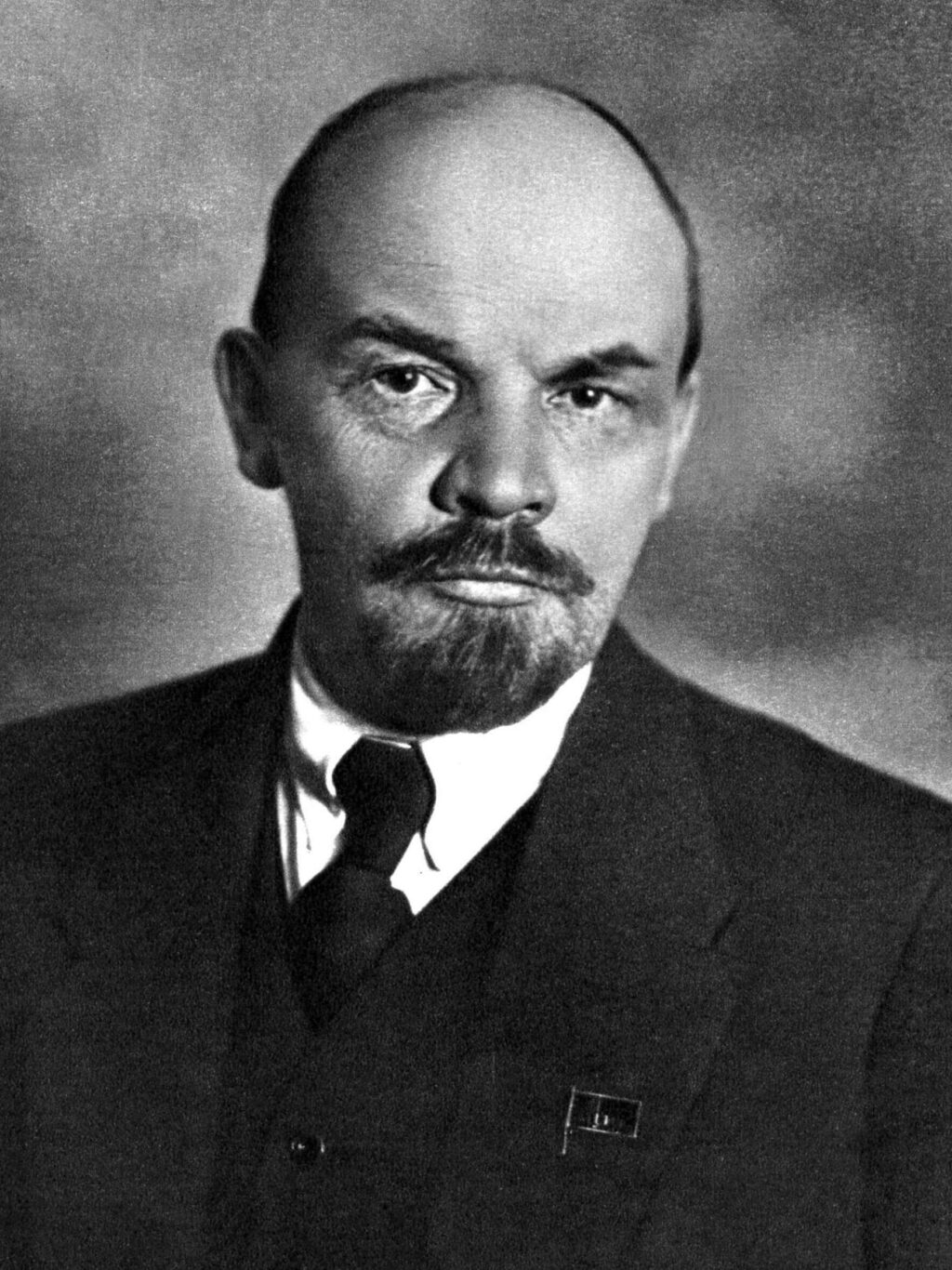
With the theatrical sensibility that characterizes him, his compositions capture the light and shadow of streets and squares, intertwining historical vestiges and modern murmurs in an eternal dialogue. This exhibition invites the viewer to decipher the echoes of the environment, to feel the pulse of a city that narrates its own history through masterfully captured moments.
Thus, «Echoes of the City» stands as a visual and narrative tribute, where the poetic gaze breaks down barriers between art and life, inviting us to rediscover the ordinary as a universe of emotions and meanings.
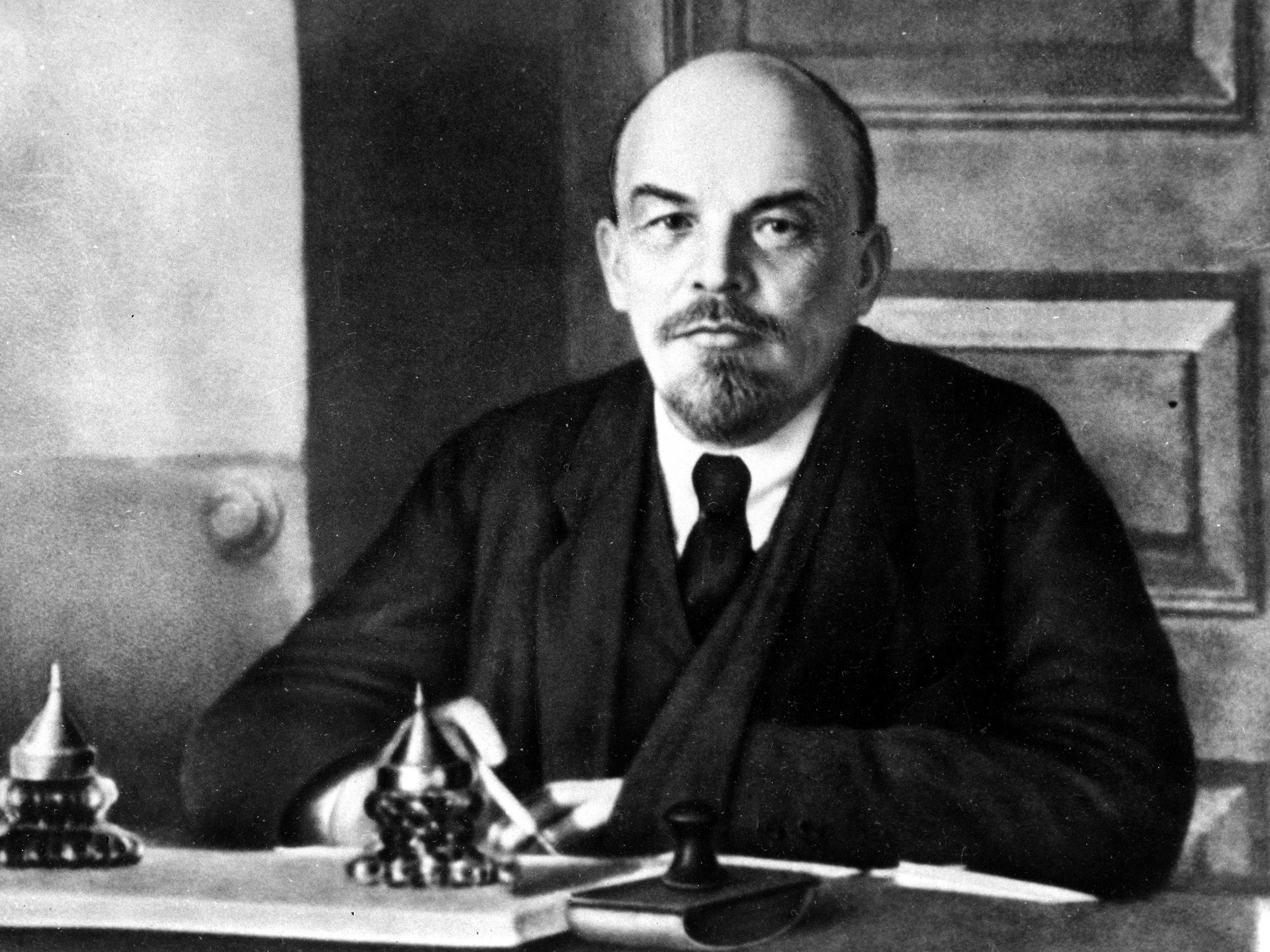
That young man with the fiery gaze and defiant verb, affectionately known as Volodya, not only saw cracks in the wall of tsarist autocracy: he knew where to strike to bring it down. Born on April 22nd, 1870 in Simbirsk, Russia, Vladimir Illich Ulyanov-the man who would go down in history as Lenin-grew up in an enlightened home, forged in the values of knowledge and social commitment.
His father, a fervent educator of democratic ideals, and his mother, cultured and passionate about music, molded the character of the man who would later become the symbol of one of the most radical political transformations of the 20th century.
From a young age, Lenin showed a precocious intelligence and an iron will. After graduating in Law, despite his expulsion from the University of Kazan for revolutionary activities, he immersed himself in the reading of Marxism and vehemently embraced the cause of the proletariat. His early militancy led him into hiding, prison and exile, but also established him as a central figure in the Russian revolutionary movement.
At the beginning of the 20th century, Lenin was already a leading exponent among Russian social democrats. With the founding of the newspaper “Iskra” and the publication of crucial texts such as “What is to be done?”, he promoted the creation of a party of professional revolutionaries, marking a definitive dividing line between Bolsheviks and Mensheviks. It was an organizational and philosophical break, since Lenin conceived the party as the enlightened vanguard and guide of the masses towards the seizure of power.
The October Revolution of 1917 consecrated his transgressive vision. With tsarism already overthrown, he returned to Russia to lead the insurrectionary process that would establish the power of the soviets. Under his leadership, the Bolsheviks promulgated historic decrees: the redistribution of land to the peasants, Russia’s exit from World War I and the right of nationalities to self-determination. Thus, political power was placed for the first time in the hands of the workers.
But the birth of the new state was not serene. Between 1918 and 1920, Lenin had to face a bloody civil war against enemies supported by foreign powers. In that context, he also promoted profound economic reforms, defended the power of the proletariat, founded the Third International and, as the ultimate expression of his internationalist vision, became the architect of the creation of the Union of Soviet Socialist Republics in 1922.
His health, however, deteriorated rapidly until January 21st, 1924, when he passed away without seeing the country he helped to shape flourish. Even so, he bequeathed to posterity a monumental work: theory, praxis and a sociopolitical architecture that would change the course of modern history.
Beyond admiration or vilification, he was consolidated as a man whose imprint constitutes a true political bulwark, for he was not only a revolutionary leader: he was a historical force in himself.
Written by Yadiel Barbón.


